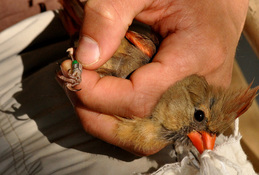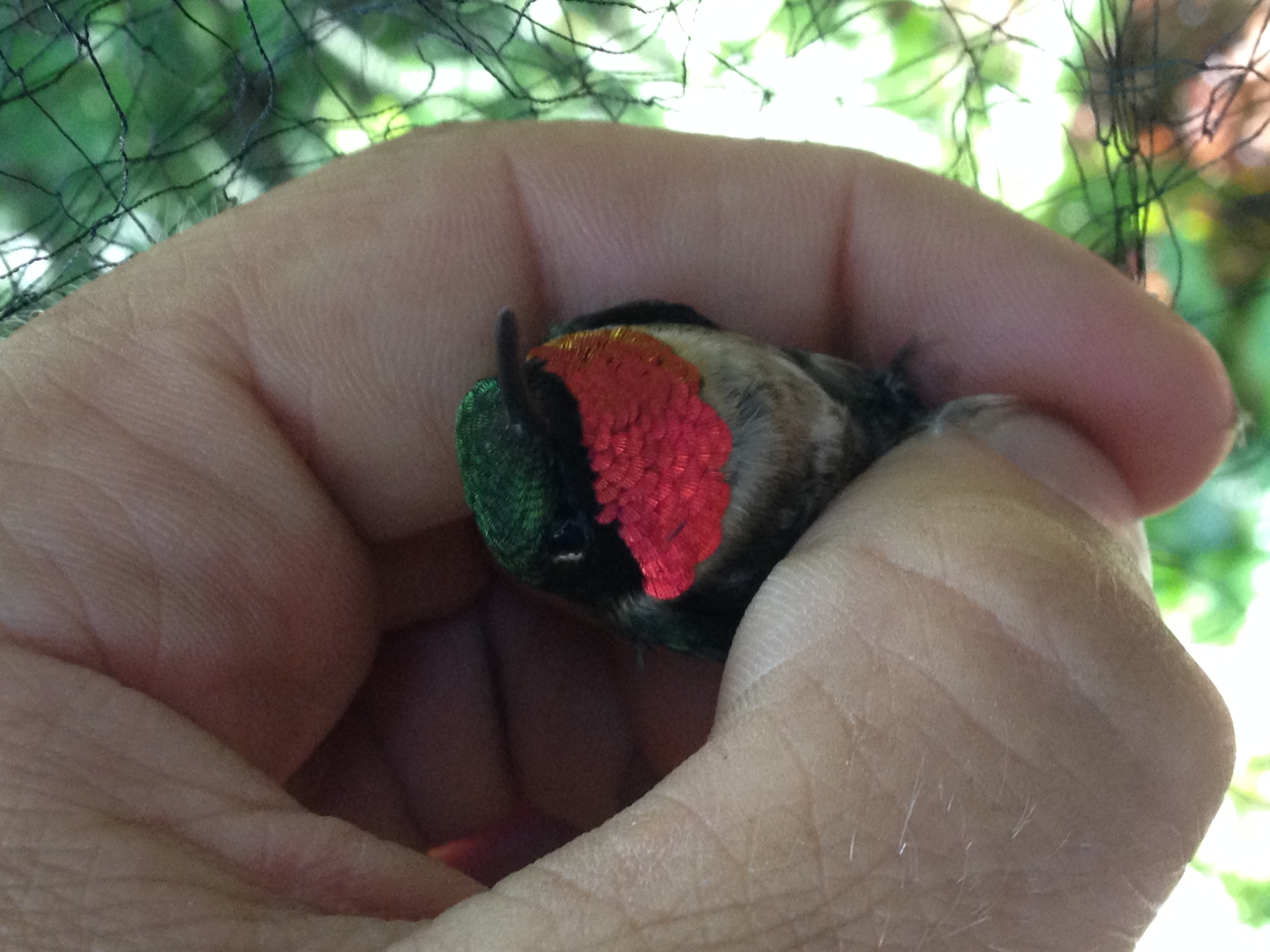|
Adam Eichenwald, Masters Student It’s the time of year when prospective students are contacting potential advisors and mentors before applying to masters and PhD programs. While most of the posts on this site are updates on the progress of our lab’s various projects, I thought I’d take the time to share a few thoughts on graduate programs after only a few months as an MEsc student. Just some musings cobbled together and aimed at those prospective students that might, out of curiosity, scroll through our blog. After only a few months, there’s a single lesson that I’ve taken away that is probably the most important point I can make: this is NOT undergrad. I can imagine some of you scoffing already. “Of course it’s not undergrad! It’s graduate school. It’s in the name.” Yes, that’s true – but. There’s still an inherent issue in that distinction that I have only recently been made aware of. Even if we recognize that graduate school is different, we still generally treat it the same as we treated undergrad. And that is a big mistake. When we obtained our bachelor’s degree, the most important thing was that we took enough classes. We wanted to fill our major requirements, obtain a decent GPA, learn some skills in a field that we were interested in. Maybe some students undertook a senior thesis, directing their own research in their first steps toward self-sustained work. Either way, that mentality is the same as it was through high school, middle school, and elementary school – classes and grades are the most important part of school. You can still treat graduate level study that way. Programs are set up so that students who don’t change their view of school can breeze through taking classes, obtain a degree, and sail into the world. However, if you’re in the MEsc program, you do yourself a disservice by keeping the same mentality that served you well in high school. For the first time, we are operating on a level where we are active members of the scientific community. Advisors are taking the time out of their schedules to guide us, but not just to lead us to our degree. Instead, they’re hoping that we take the initiative and bound forward in active work after only a small amount of hand-holding. Truthfully, grades aren’t really that important. Masters level research is an opportunity to throw ourselves into various kinds of study with the oversight of an advisor, without the fear that failure will delay our attempt to obtain a degree. This mentality goes beyond just focusing completely into our thesis research. There are opportunities for independent study that allow us to expand our research horizons, if we can only be creative about it. Many environmental organizations have millions of man-hours of research data gathering dust on file cabinets and in hard drives. Instead of taking that class on climate modeling, perform an independent study and learn the material on your own – then ask for the data and coauthor a publishable manuscript instead of working on a midterm or final essay. There are also millions of already-published papers with data begging to be viewed and used. Instead of taking that class on environmental management, spend a semester performing an independent study reading as many articles as you can get your hands on – then write up a publishable review paper at the end of the semester to synthesize your knowledge. With a little creativity, graduate school goes from being an extension of undergraduate work to the beginnings of a career in the sciences. It took prodding from several professors and PhD students before I broke through my “school” mentality to understand what possibilities were available. When you finally make it to your program of choice, no matter where that may be, keep this in mind to get the most out of your degree.
628 Comments
|
Archives
November 2019
Categories
All
|



 RSS Feed
RSS Feed
